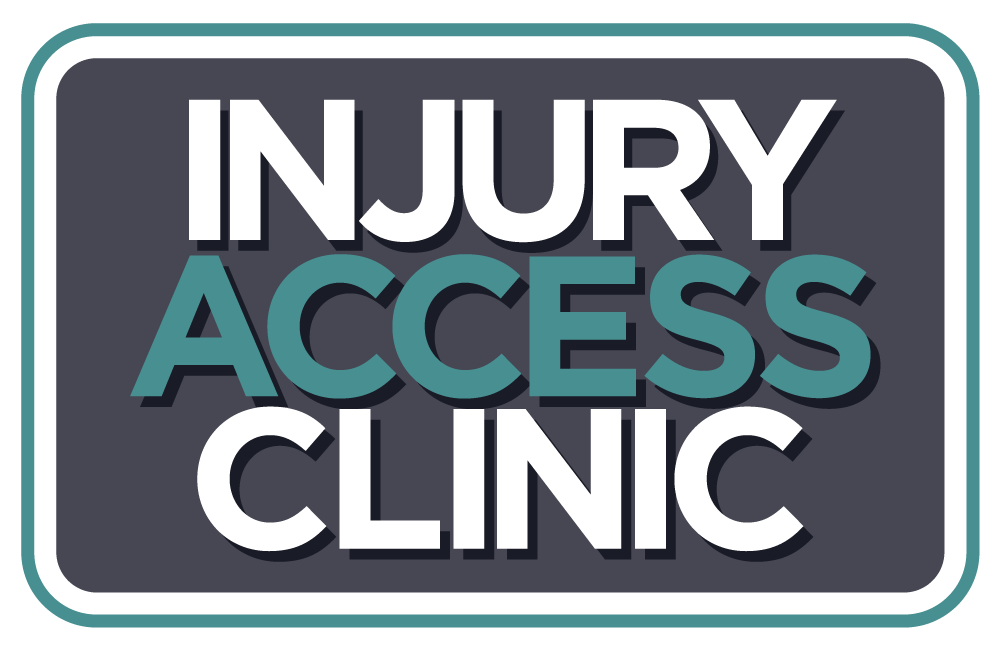FAST, EXPERT CARE WHEN YOU NEED IT
We offer our Injury Access Clinic at our Main Office Monday through Thursday, 8:00 a.m. – 4:30 p.m., and on Friday, 8:00 a.m. – 4:00 p.m.
We offer our Injury Access Clinic at our Main Office Monday through Thursday, 8:00 a.m. – 4:30 p.m., and on Friday, 8:00 a.m. – 4:00 p.m.

Rotator Cuff Injuries: Causes and Treatments
Almost any movement of the shoulders involve the rotator cuff especially motion above the shoulder level. This group of muscles and tendons that surround and support the shoulder joint keep the top of your upper arm bone firmly inside the shallow socket of your shoulder. If you are experiencing pain in your shoulder, you should consult a physician. If your physician has already determined that you need rotator cuff surgery, here are some things you can expect.
Who is at risk for a rotator cuff injury?
Rotator cuffs are prone to injury and can often be damaged while performing work or athletic activity involving overhead motions like painting, hammering and playing tennis or baseball. As you age, your rotator cuff can show signs of wear and will be more easily injured. If there is a family history of joint issues, especially rotator cuff injuries, you may be at increased risk because of your genetics.
What is rotator cuff disease?
This damage to the rotator cuff is known as “rotator cuff disease” and can occur from any cause, including a single injury or repetitive strain. Either way, a partial or complete tear of the tendons can occur and cause a loss of functionality of the shoulder joint. It is possible to recover from rotator cuff disease with physical therapy to strengthen the surrounding muscles and increase flexibility of the shoulder joint. However, if the damage is more serious, surgery may be required. If you do not receive treatment, rotator cuff disease can lead to progressive degeneration of the shoulder joint with permanent weakness or stiffness.
How do I know if my rotator cuff is damaged?
A physical examination by a physician is the best way to determine the extent of any injury, but here are some typical symptoms of a rotator cuff injury:
- Reduced range of motion in the shoulder
- A dull ache coming from the shoulder joint extending over the upper arm
- Pain at night
- Difficulty reaching out or holding objects (arm weakness)
- Pain that doesn’t subside after several days and with restricted activities or hot/cold compress
See your doctor right away if you have experienced a loss of motion of your limbs after an acute injury. If the damage done to your rotator cuff is substantial, you will need to be seen by a shoulder specialist as soon as possible because some surgical procedures are time sensitive.
In addition to a physical exam, your doctor will likely request imaging tests such as X-rays, ultrasounds or an MRI. These tests can reveal the extent of the damage and guide your doctor toward a proper course of treatment.
How are rotator cuff injuries treated?
With a minor injury or strain, simple treatments like rest, restriction of movement, ice and physical therapy may be all that are needed. If these treatments have not helped your pain, your doctor might suggest a steroid injection. If surgery is required, your doctor might recommend arthroscopic tendon repair (performed with a camera in small incisions), open tendon repair, tendon transfer or shoulder replacement surgery.
Have more questions about a rotator cuff injury or surgery to repair it? Call Orthopedic Associates today to schedule a consultation.
